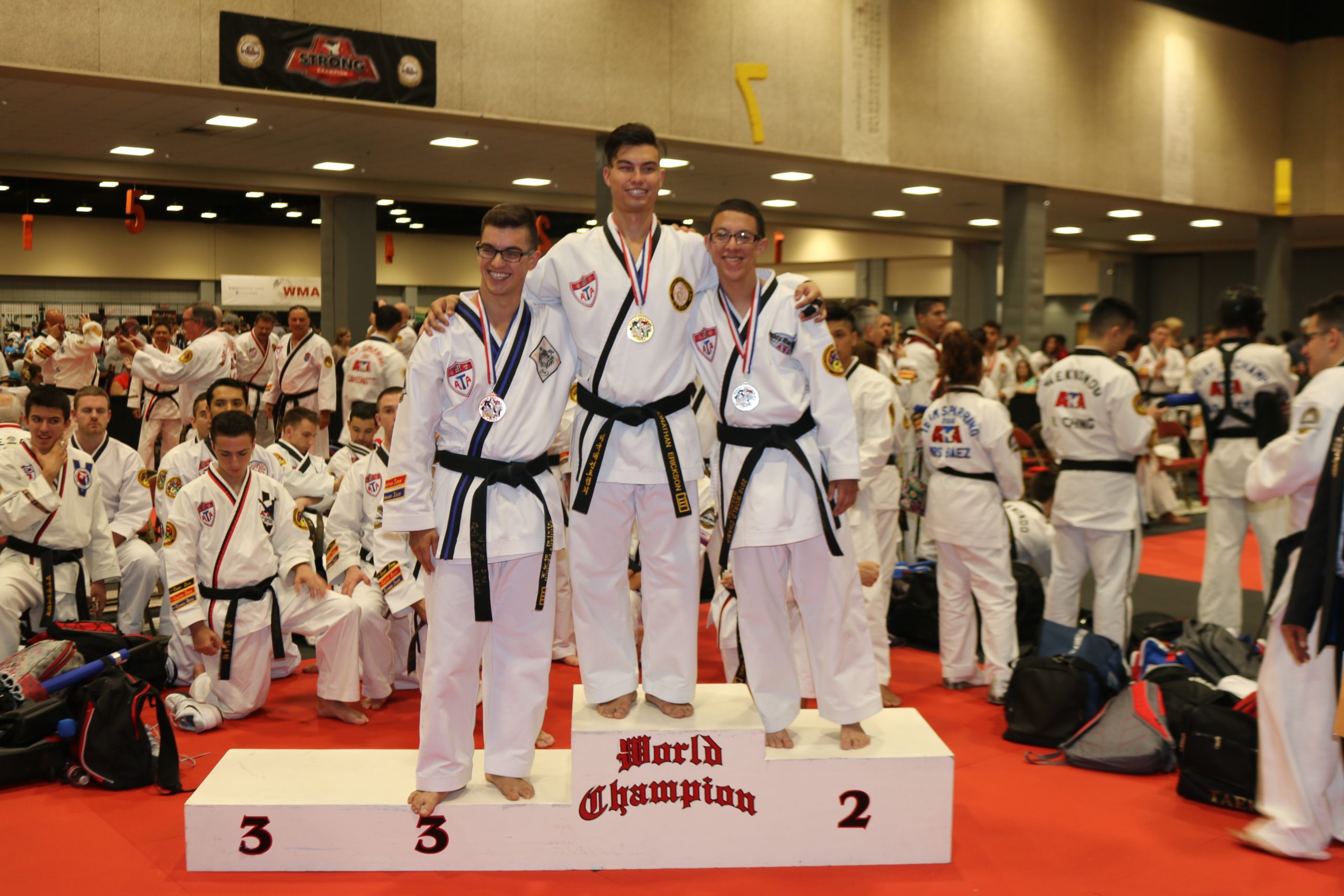At a glance, martial arts forms appear as a series of choreographed movements with elaborate stances and techniques. Some wonder if these forms have real-world applicability or if they are merely a tradition to be preserved. The truth lies somewhere in between.
1. Physical Conditioning: Forms are not just sequences of movements; they serve as a crucial element of physical conditioning. By practicing forms, martial artists enhance their flexibility, strength, balance, and precision. These movements help to condition the body, making it more capable of performing self-defense techniques effectively.
2. Muscle Memory: Forms play a pivotal role in developing muscle memory. This is invaluable in martial arts. By repeatedly executing the same set of movements, practitioners train their muscles to respond instinctively in combat situations. Muscle memory can be a lifesaver when there’s little time to think.
3. Self-Discipline: Learning and mastering forms require immense patience and self-discipline. These qualities, instilled through form practice, extend beyond the training floor into everyday life. The mental discipline gained can help individuals excel in various aspects of their personal and professional lives.
4. Combative Applications: While forms themselves may not be directly applicable in a real-life confrontation, the techniques contained within them certainly are. Forms often include strikes, blocks, and transitions that are fundamental to self-defense. By practicing forms, martial artists refine these techniques and better understand their application in practical situations.
5. Cultural and Traditional Significance: Forms are a vital part of martial arts traditions and culture. They connect practitioners to the roots and history of their martial art. For some, this connection to tradition is a source of pride and motivation.
In summary, martial arts forms are not just elaborate dance routines. They serve as valuable tools for physical conditioning, mental discipline, muscle memory, and a deeper understanding of combative techniques. While they are not directly translatable to a street fight, the skills and attributes gained from form practice are highly worthwhile for martial artists in their overall development.



Leave A Comment